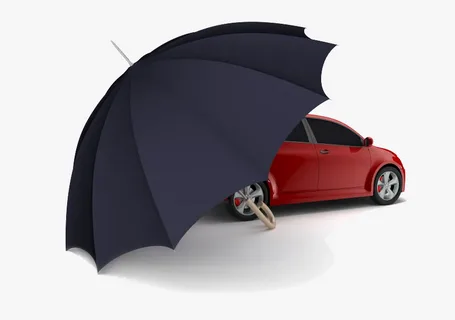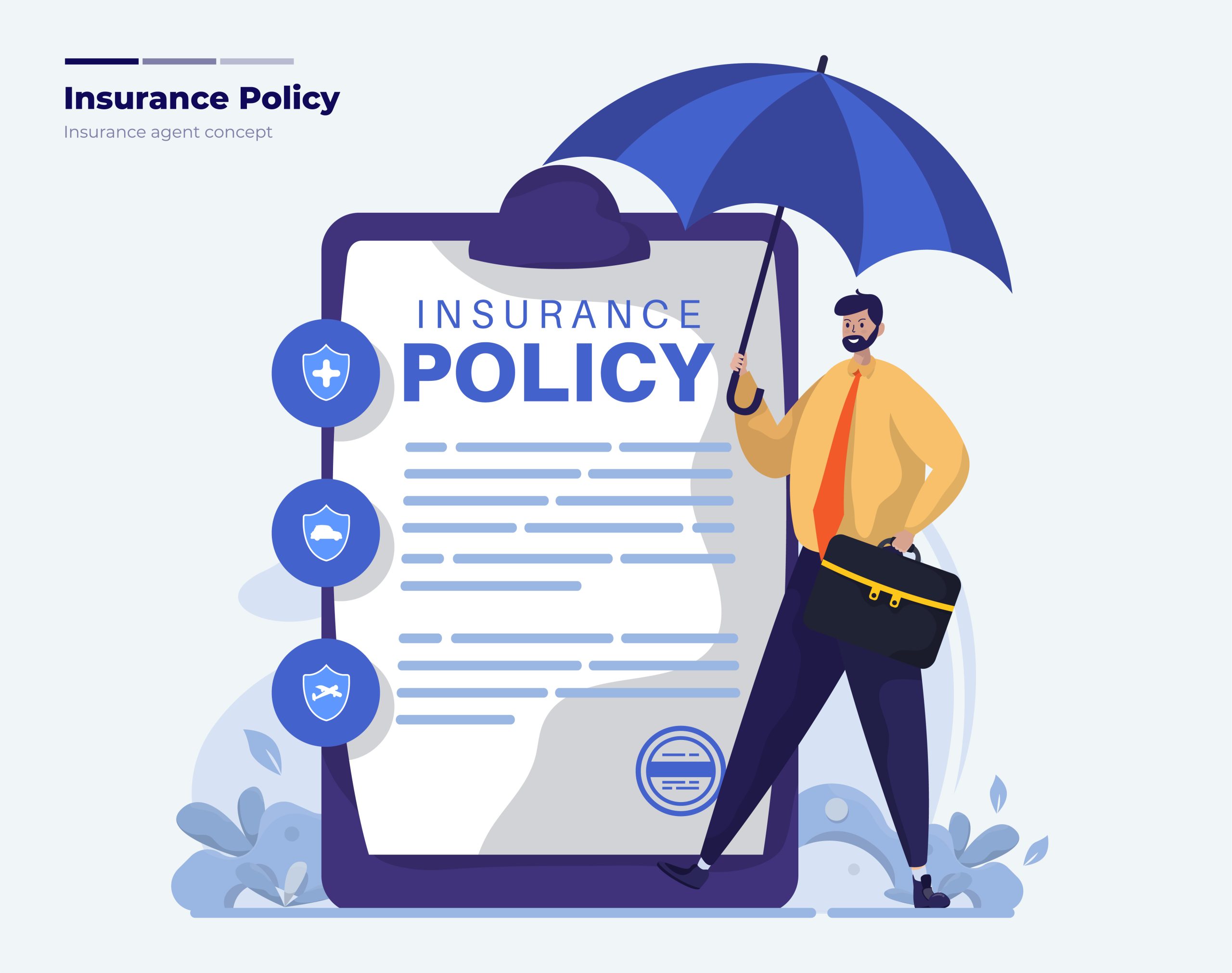Revolutionizing Car Insurance: A Roadmap to Affordable and Fair Coverage

Introduction
In today’s fast-paced world, where cars have become an essential part of our daily lives, car insurance plays a crucial role in ensuring financial security and peace of mind for drivers. However, the traditional car insurance industry has long been plagued with inefficiencies, lack of transparency, and sometimes, even unfair practices. But fret not, as the winds of change are blowing through the insurance landscape. In this article, we will explore the evolving world of car insurance, highlighting the latest trends and innovations that are making auto coverage more affordable, fair, and accessible.
Usage-Based Insurance (UBI)
One of the most significant transformations in car insurance is the advent of Usage-Based Insurance (UBI). Unlike conventional insurance that relies heavily on factors like age, gender, and location to calculate premiums, UBI leverages technology to monitor how a driver actually uses their vehicle. Telematics devices or smartphone apps track driving behavior, such as speed, braking, and mileage. This data is then used to determine insurance rates. Safe drivers benefit from lower premiums, promoting responsible driving habits.
UBI offers a win-win situation. Insurance companies can reward safe drivers with lower premiums, while policyholders can see a reduction in their insurance costs by driving responsibly. This innovation is making car insurance fairer by placing less emphasis on demographic factors and more on individual driving habits.
Also,read about Contractor Insurance in the UK: Protecting Your Business
Peer-to-Peer Car Insurance
The sharing economy has disrupted numerous industries, and car insurance is no exception. Peer-to-peer (P2P) car insurance platforms allow individuals to insure their vehicles collectively, sharing the risk and cost among a community of like-minded drivers. This concept encourages responsible driving as policyholders collectively bear the financial consequences of accidents and claims.
P2P insurance not only reduces costs but also fosters a sense of community among drivers. Instead of dealing with a faceless corporation, policyholders interact with their peers, making the insurance experience more personalized and trustworthy.
Pay-Per-Mile Insurance
Many drivers only use their cars occasionally, which is why traditional annual or semi-annual insurance premiums can be a financial burden. Enter pay-per-mile insurance. This innovative approach allows drivers to pay only for the miles they drive, making insurance more affordable for infrequent drivers.
By installing a tracking device in your vehicle or using a mobile app, insurance companies can accurately measure the number of miles driven. This information is then used to calculate premiums, ensuring that drivers are only charged for the actual usage of their cars. Pay-per-mile insurance is an eco-friendly and cost-effective solution for those who use public transportation or share rides regularly.
Artificial Intelligence and Predictive Analytics
Artificial intelligence (AI) and predictive analytics have transformed the insurance industry’s ability to assess risk and calculate premiums accurately. By analyzing vast amounts of data, AI algorithms can predict accident probabilities with remarkable precision. This enables insurance companies to tailor policies to individual drivers, reducing the disparities often associated with traditional insurance.
Moreover, AI-powered chatbots and virtual assistants have improved customer service by providing instant support and guidance. These technologies have made the process of obtaining quotes, filing claims, and seeking information more convenient and efficient.
Blockchain for Transparency
Transparency and trust have been long-standing issues in the insurance industry. Blockchain technology is emerging as a solution to these challenges. Blockchain’s decentralized ledger system can be used to create transparent, tamper-proof records of insurance policies and claims. This reduces the risk of fraud and ensures that policyholders receive fair compensation in case of an accident.
Smart contracts, enabled by blockchain, can automatically execute insurance payouts when predefined conditions are met, streamlining the claims process and reducing administrative costs for both insurers and policyholders.
Personalized Risk Assessment
Traditional car insurance often lumps drivers into broad categories based on demographics, leading to inconsistencies in premium pricing. However, advancements in data analytics now allow insurers to create more precise risk profiles for individual drivers. Factors such as driving habits, vehicle type, and even weather conditions can be considered when calculating premiums.
Personalized risk assessment ensures that drivers pay a fair price based on their actual circumstances and driving history. This approach promotes equity and rewards responsible driving.
Cybersecurity for Connected Cars
As cars become more connected and reliant on digital technology, the risk of cyberattacks on vehicles increases. Car insurance providers are adapting to this new reality by offering coverage specifically tailored to cybersecurity threats. This ensures that drivers are protected not only from physical accidents but also from digital breaches that can compromise the safety and functionality of their vehicles.
Conclusion
The car insurance industry is undergoing a profound transformation, driven by technology, innovation, and a commitment to fairness. From Usage-Based Insurance and peer-to-peer coverage to blockchain transparency and personalized risk assessment, these changes are making car insurance more accessible, affordable, and equitable for all drivers. As we navigate the road ahead, it’s clear that the future of car insurance is brighter than ever, promising a safer and fairer experience for drivers around the world.




